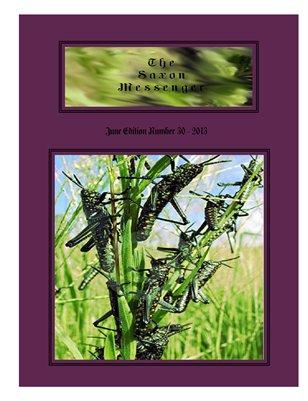Answering the Shills, Part 3
This is Part 3 of our answer to the effrontery of the Jewish Quarter of Christian Identity: the slanders of Joseph November [a Jew who plays the role of "Pastor Eli James"]. The important portions of this response will appear gradually in print on the Christogenea Forum here: Answering the Shills








 Please click here for our mailing list sign-up page.
Please click here for our mailing list sign-up page.








Recent comments